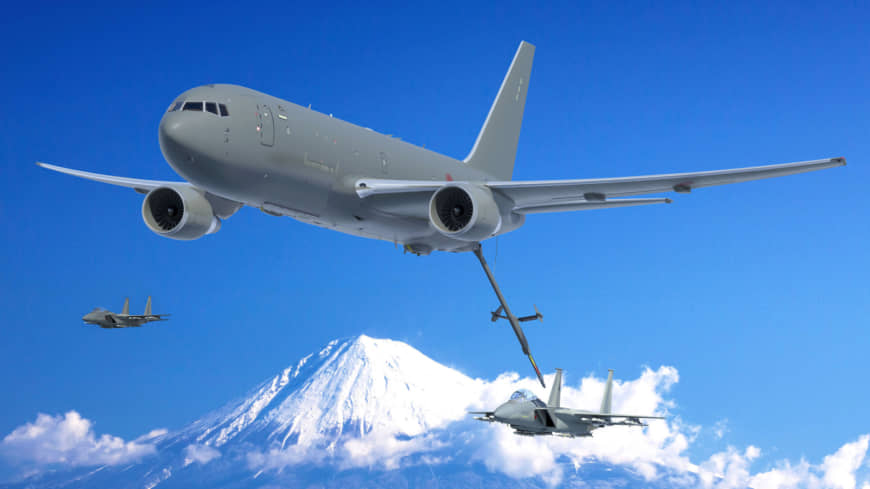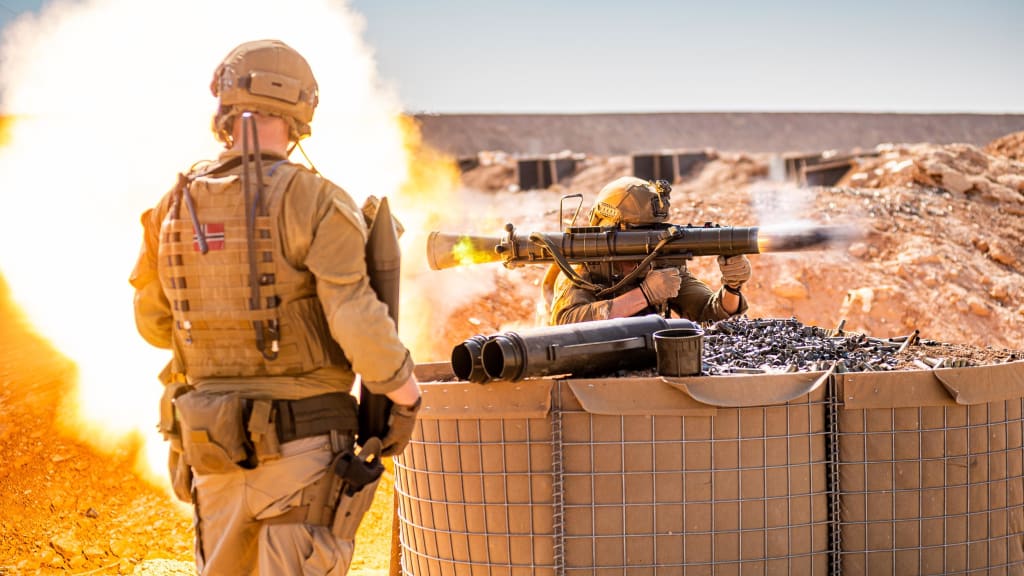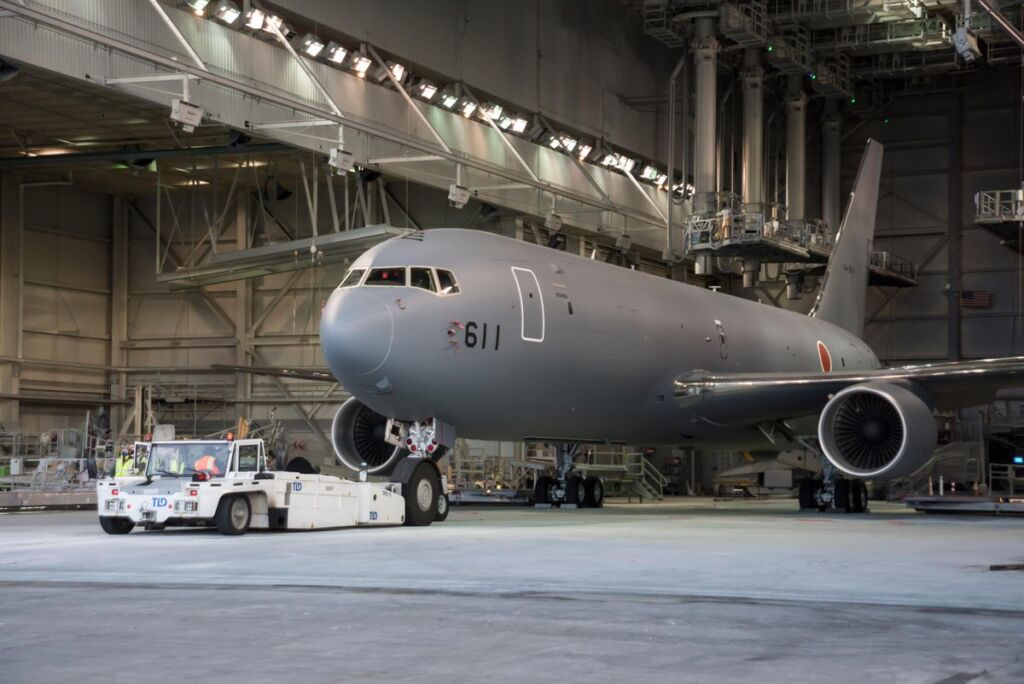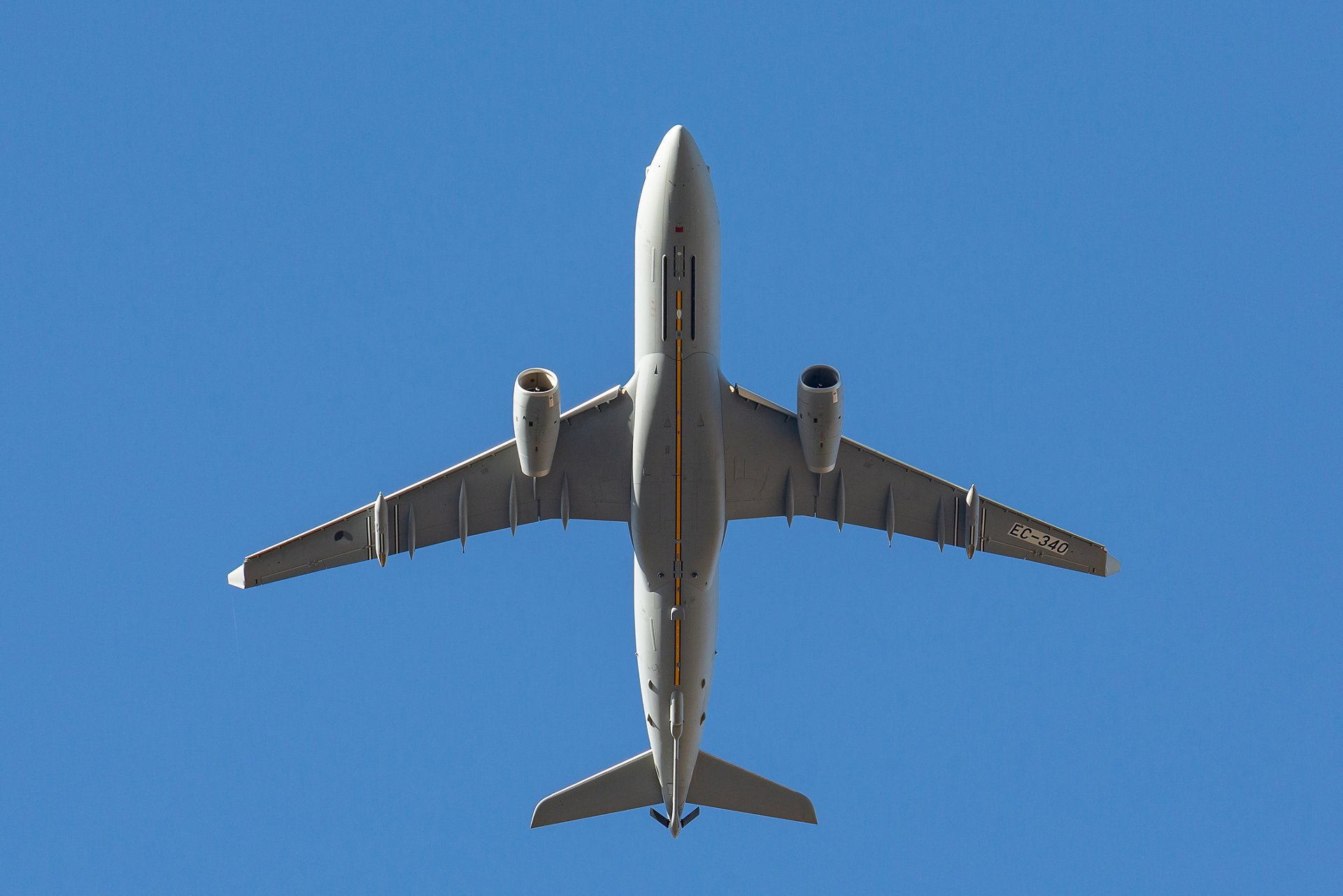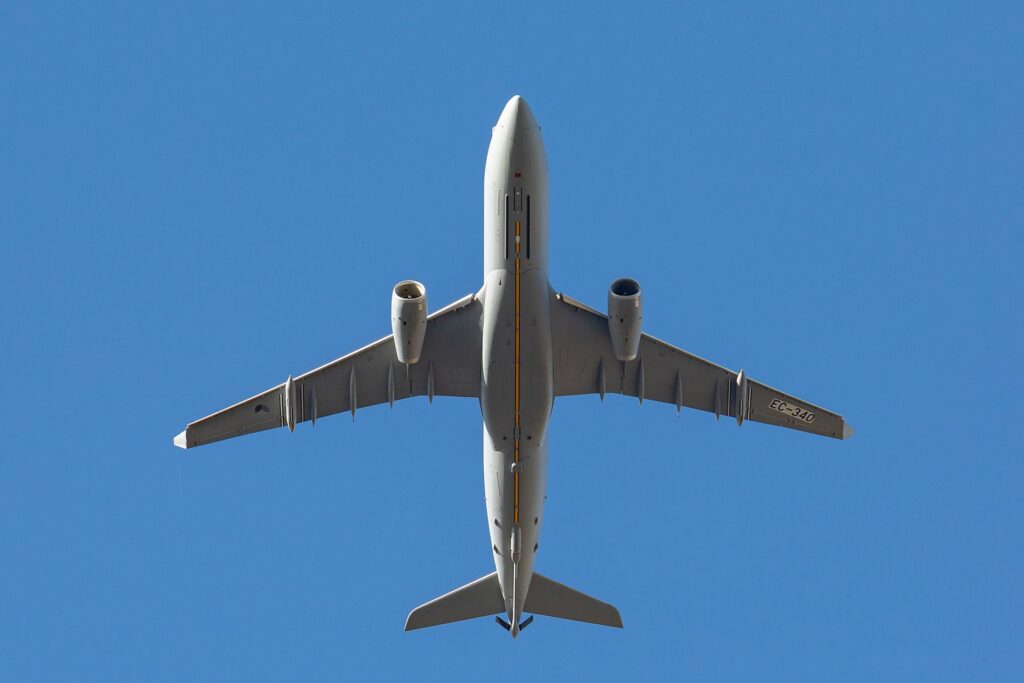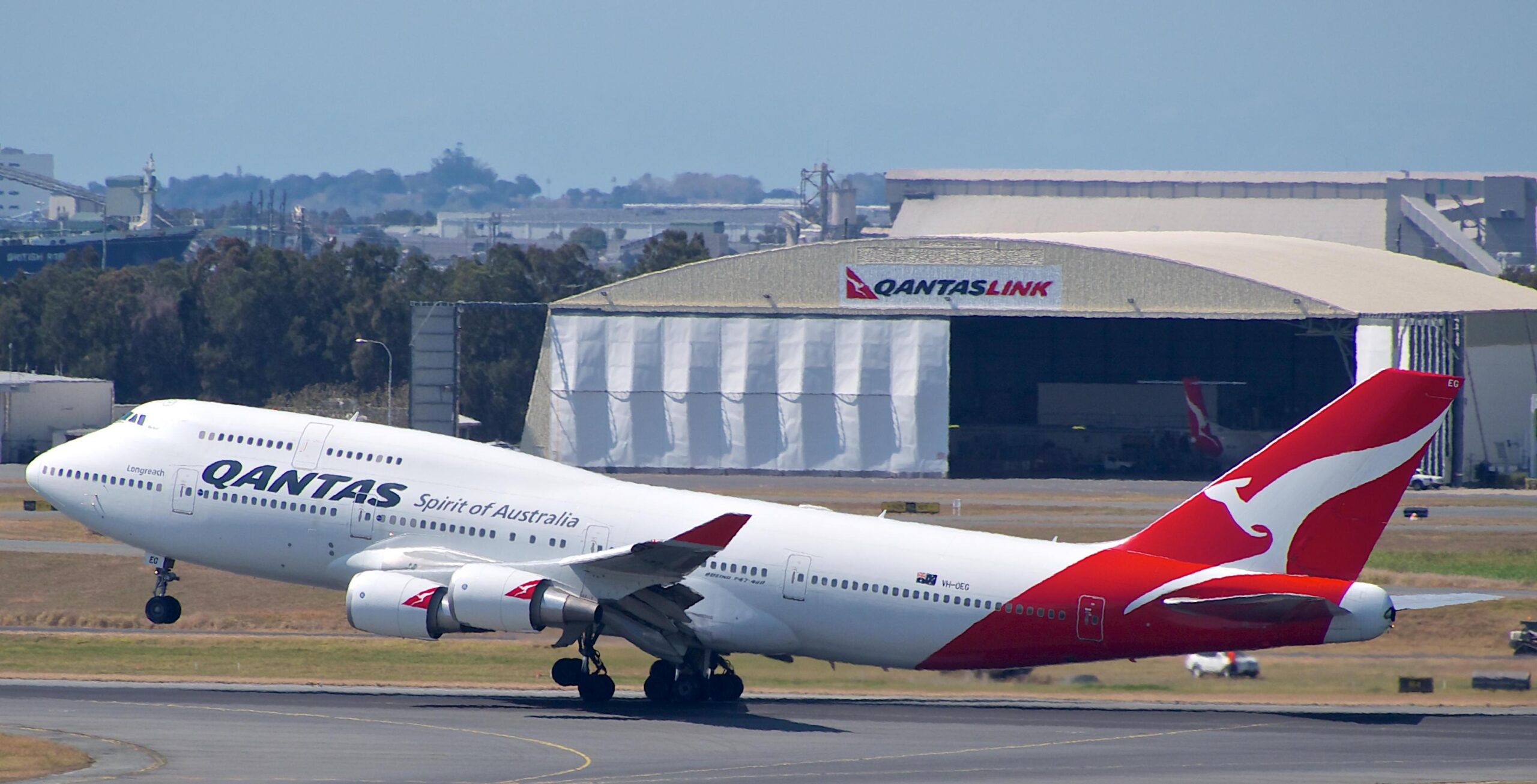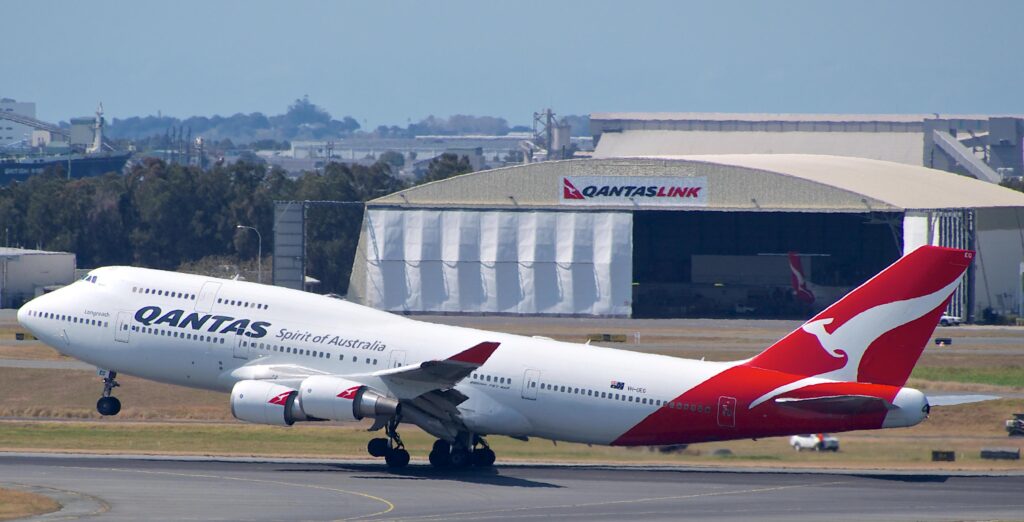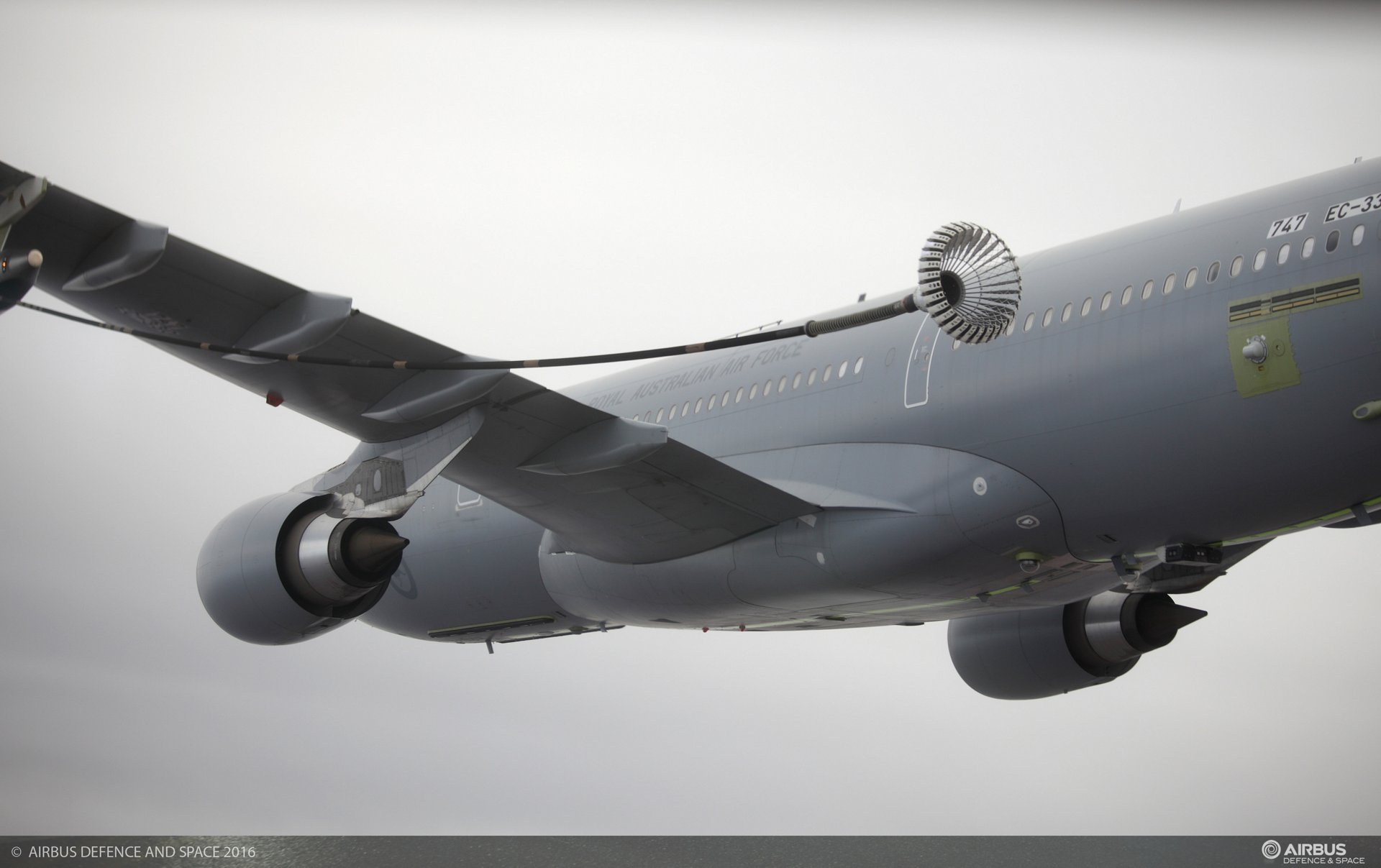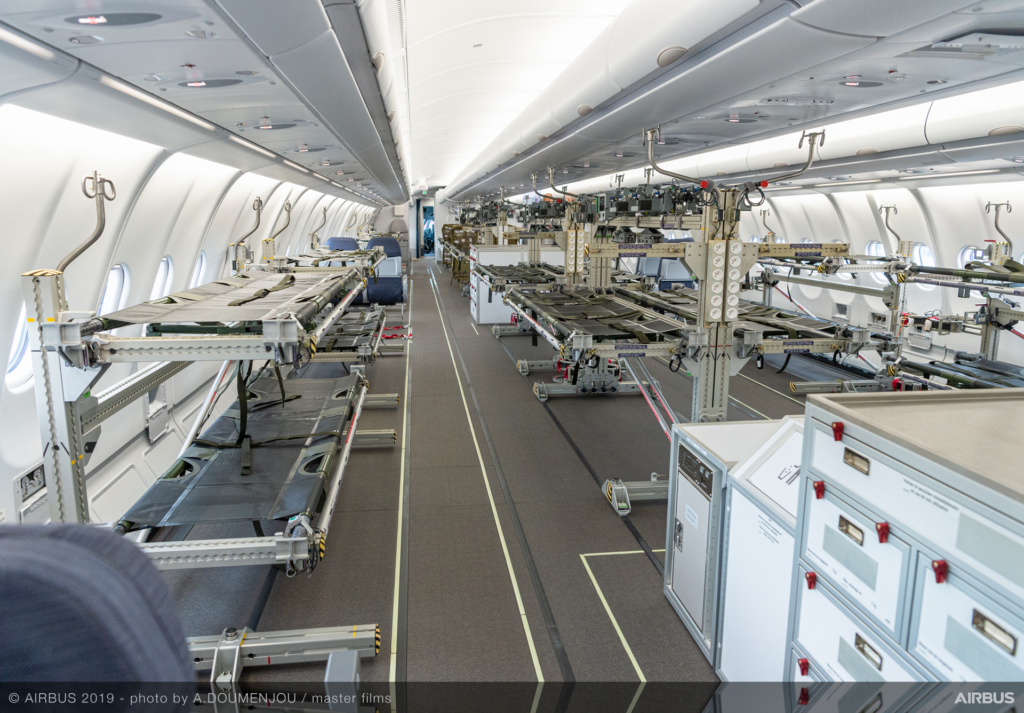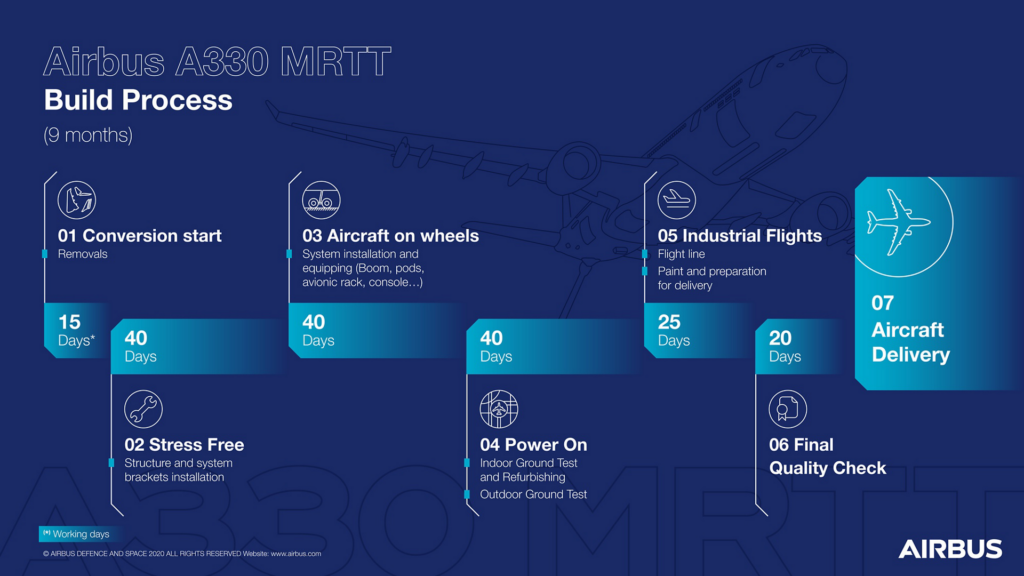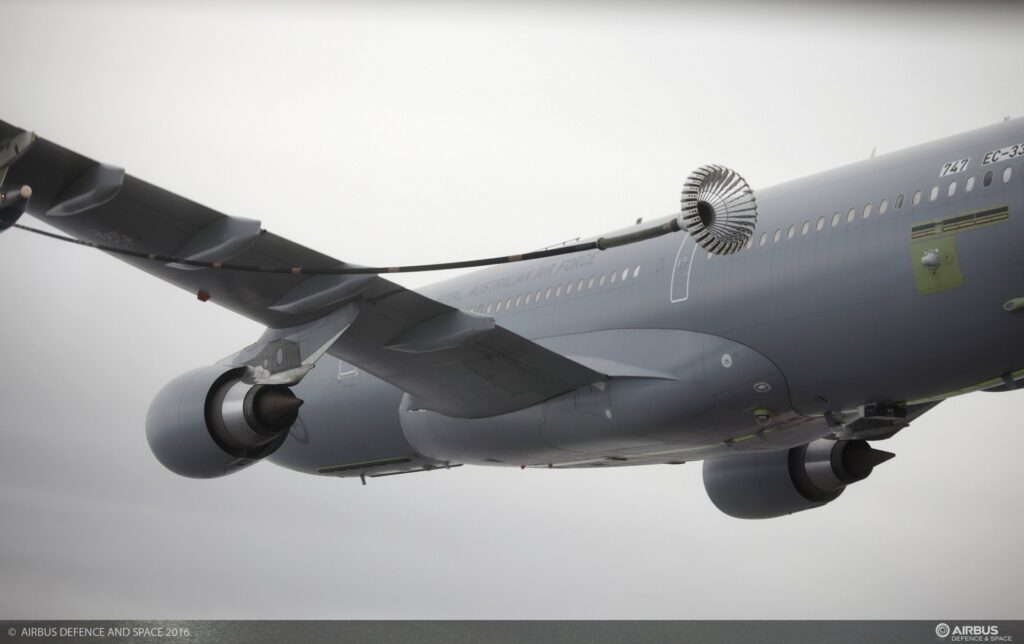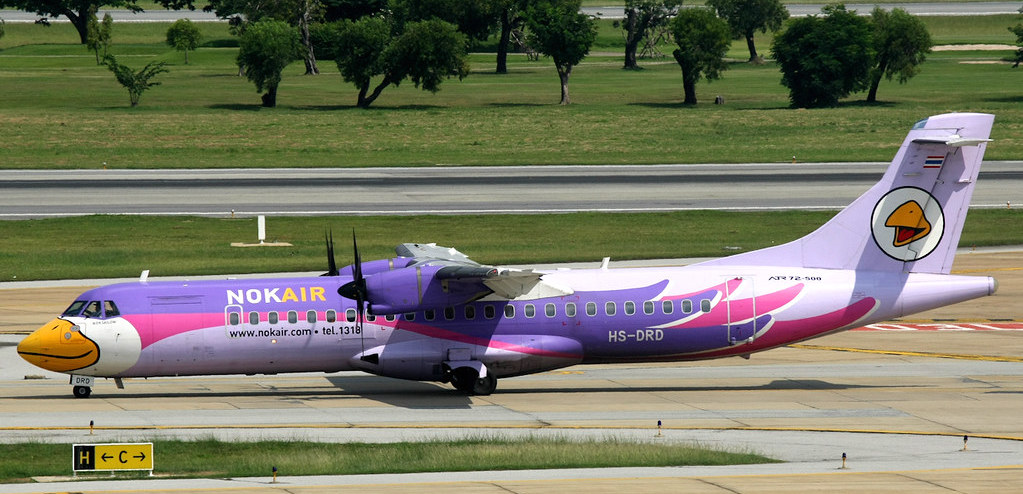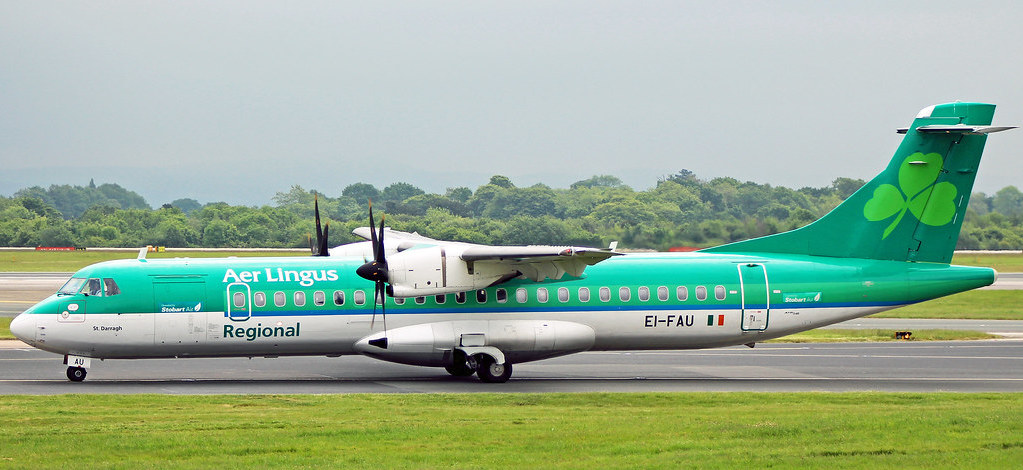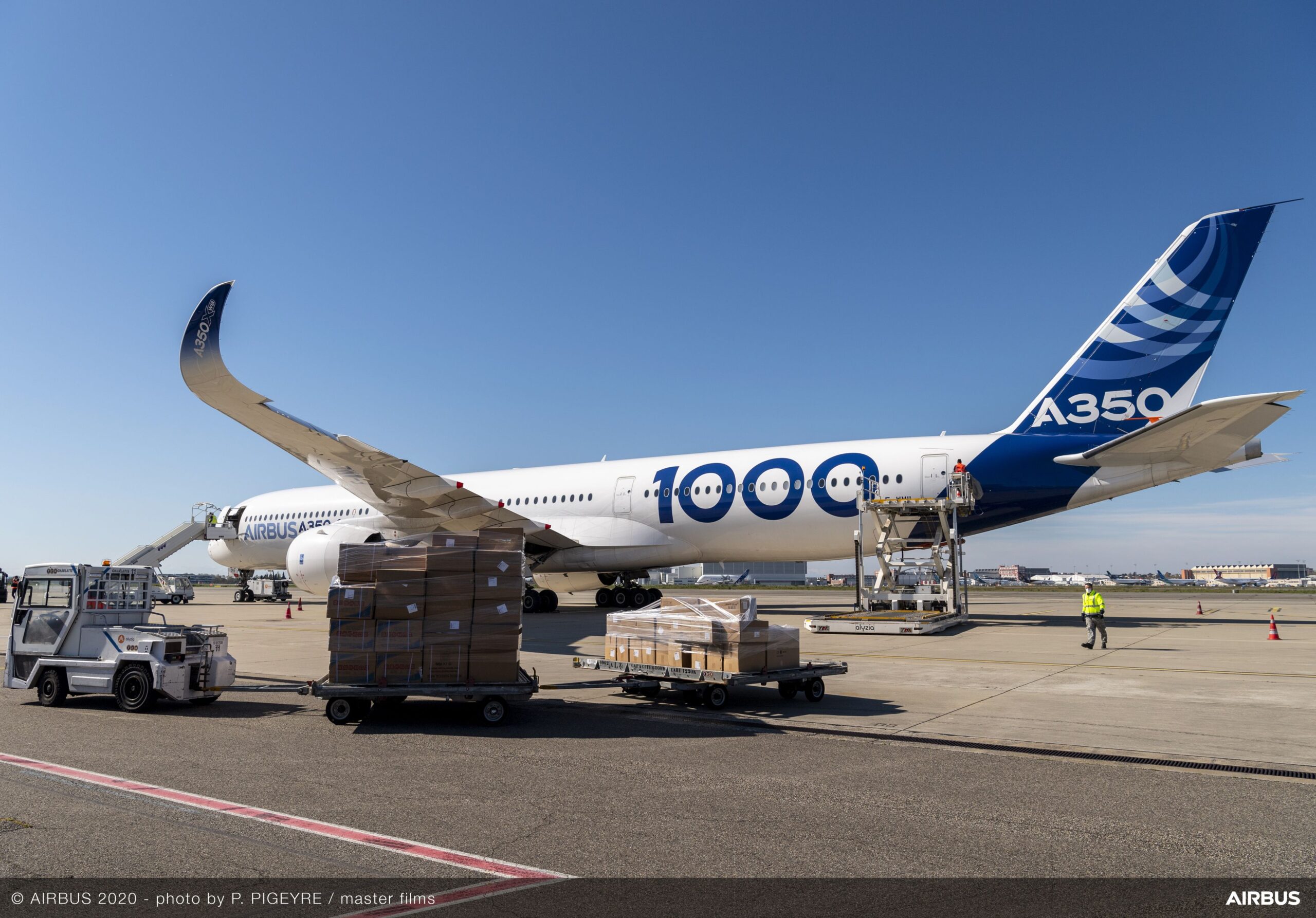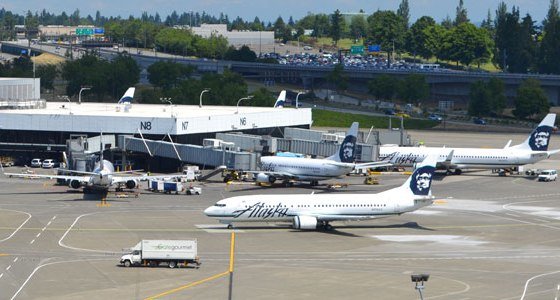The U.S. Air Force on Wednesday awarded Boeing [NYSE: BA] a $2.1 billion contract for 15 KC-46A tankers, expanding its fleet of aircraft that will not only set the standard for aerial refueling but will also help enable the integrated digital battlespace. Like a cellular tower in the sky, the KC-46 connects air forces to data needed to maintain the decision advantage and win on the 21st century battlefield.
“The KC-46’s adaptability is going to be a game-changer for the U.S. Air Force,” said Jamie Burgess, Boeing KC-46 tanker vice president and program manager. “We know our defense customers will need to transform how they fight and win in the modern era. That’s why Boeing is focused on making sure the KC-46 grows and changes with them.”
The KC-46 is a widebody, multirole tanker designed for state-of-the-art air refueling, cargo and medical transport. Boeing is now on contract for 94 KC-46A tankers.
“Our KC-46 fleet is growing, and we’re ready to extend the reach of next-generation air refueling to more of our Airmen,” said Col. Jason Lindsey, U.S. Air Force KC-46 System program manager.
Boeing delivered the first KC-46A to the U.S. Air Force in January 2019. Since then, the company has delivered 42 tankers to McConnell Air Force base in Kansas, Altus Air Force Base in Oklahoma, Pease Air National Guard base in New Jersey and Seymour Johnson Air Force base in North Carolina. The next-generation KC-46 is bringing new capabilities and operational flexibility to the U.S. Air Force and international customers.
Boeing is assembling KC-46A aircraft at its Everett, Washington, facility, where it also continues production of the KC-46 tanker for Japan.
